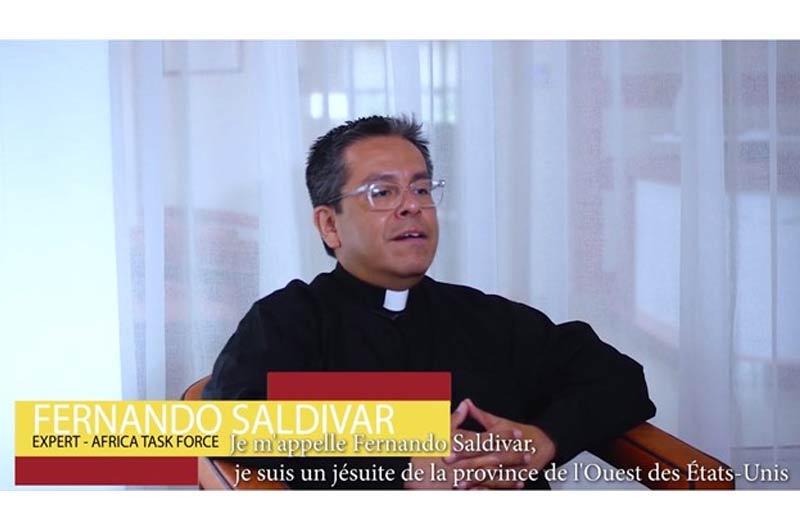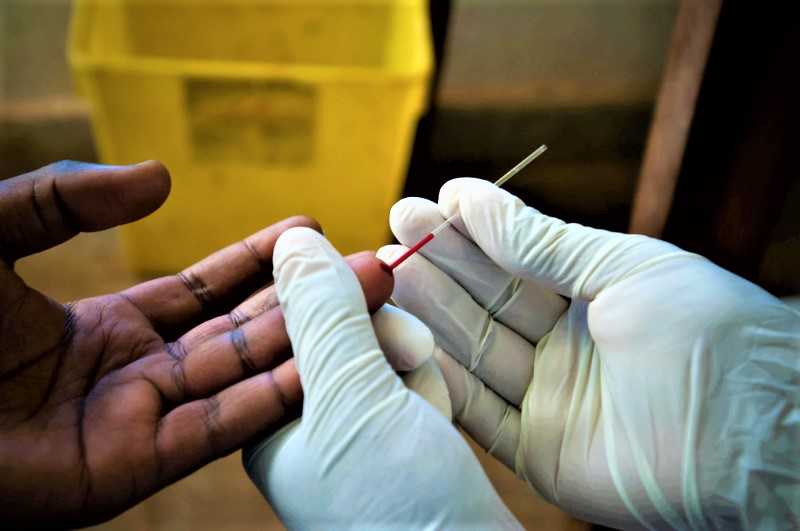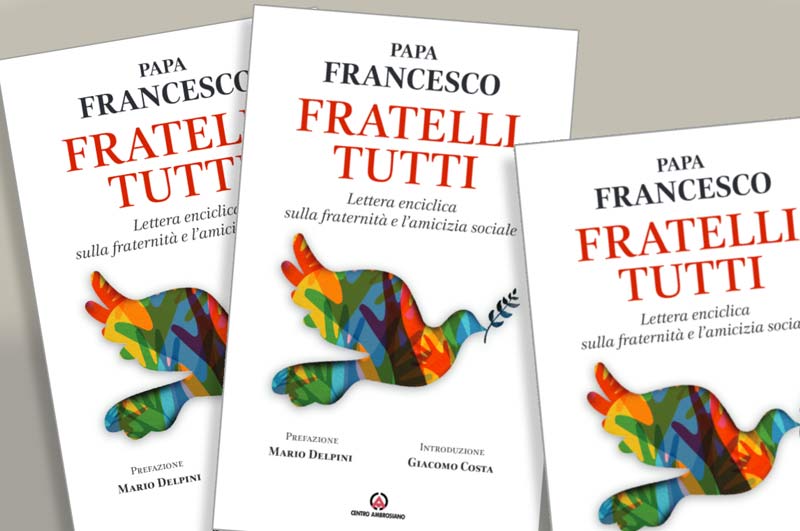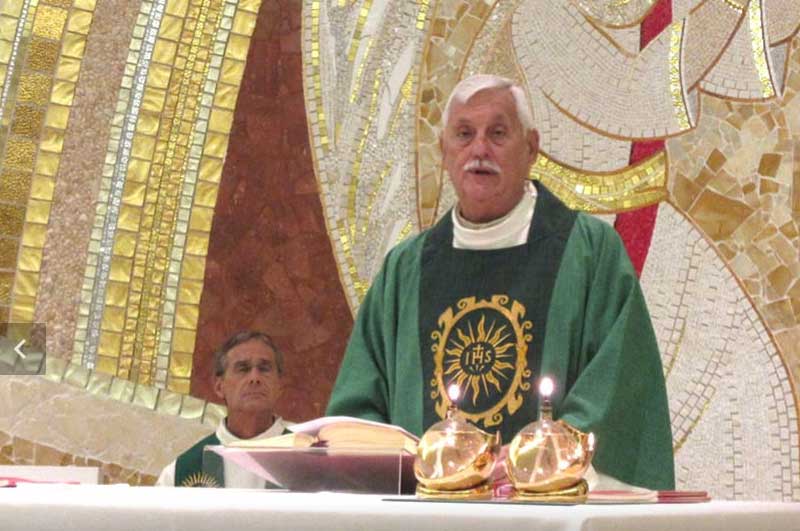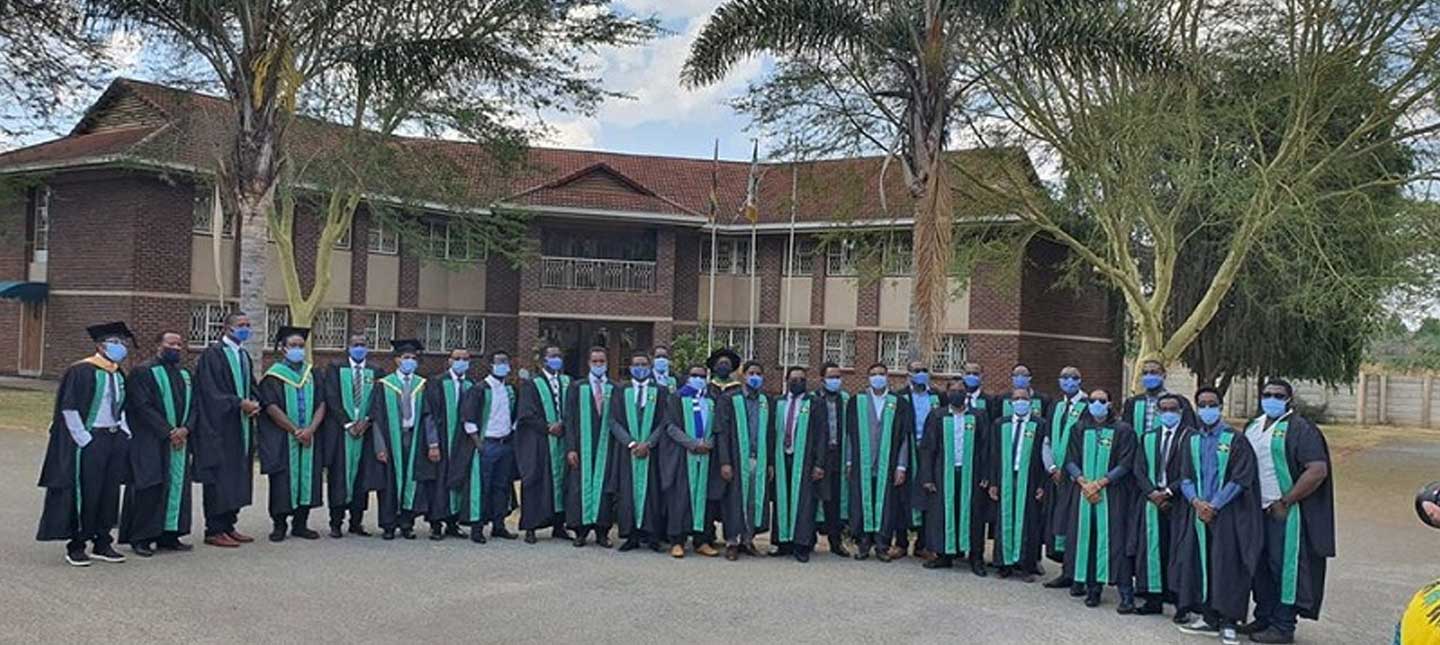


The Arrupe Jesuit University (AJU) in Harare, Zimbabwe, held virtual graduation on June 12, 2020. The Pro-Vice-Chancellor for Administration and Finance and also the Registrar of AJU, Dr. Gilbert Madai SJ, led the program of the day meticulously, observing all protocols just like it would be on a normal graduation day. He welcomed all those present physically and those who followed the ceremony virtually.
The ceremony which was streamed through Facebook Live, begun with an opening prayer from the chaplain of AJU , Fr. Von Nidda SJ, observing a moment of silence for all those who have died of the coronavirus and also those affected. This was followed by the Zimbabwe National Anthem and the AJU Anthem.
The Vice-Chancellor then took the podium welcoming the Chancellor of Arrupe Jesuit University, Dr. Agbonkhianmeghe E. Orobator SJ, who was following the graduation virtually from the headquarters of the Jesuit Conference of Africa and Madagascar in Nairobi, Kenya, to declare the congregation constituted.
This being the first virtual graduation of its kind in Zimbabwe, according to the Vice-Chancellor, Fr. Kizito Kiyimba SJ, and following the current global pandemic of the Corona Virus, all health measures were undertaken and all those present at the graduation square had adorned their mouths and noses with protective masks, with social distancing equally being observed by the faculty and the graduands.
In his address the Vice-Chancellor acknowledged the current social issues being experienced across the globe besides the Covid-19 pandemic, he highlighted the current economic burden that the pandemic has caused to many populations and governments across Africa, not forgetting the current uprising by the Black Lives Movement following the death of George Floyd.
His speech emphasized his gratitude and pride in the ability of AJU to continue offering academic programs online despite the COVID-19 challenges that have seen many institutions struggle to keep the learning process going. He acknowledged AJU’s strides in the virtual learning space and the opportunities that the pandemic has birthed, stating that AJU has been able to conclude the Academic Year 2020, without much of a hitch in their learning process, with the existing virtual forums not only being utilized but also being improved upon.
The Vice-Chancellor congratulated the graduands for their hard work, dedication, and achievement despite the challenges of 2020. This being the second graduation ceremony by AJU, and also the first virtual graduation in Zimbabwe according to Fr. Kizito, it was indeed a big milestone in that it “marks, defines AJU and the academic landscape”.
Those graduating were 34 in number, as follows: 18 B.A. Honours in Philosophy by the University of Zimbabwe, 7 Baccalaureate in Philosophy by the Pontifical University of the Gregoriana in Rome, One M.A. in Philosophy from University of Zimbabwe, and from Arrupe Jesuit University, eight, M.A. in Philosophy of which seven were men and one woman. The importance of noting the gender under AJU here is because the Vice-Chancellor did highlight the gender disparity and the need to bridge this gap, though, he also did indicate that there are more females in the Schools of ICT and Engineering, Schools of Education and Leadership.
The Guest of Honour was Fr. Edward Murphy SJ, the outgoing Librarian of AJU.
We congratulations the Arrupe Jesuit University class of 2020 on this milestone amidst COVID-19 challenges. May you go out and kindle more fires through service and mission to do good.
To watch the Graduation Ceremony {CLICK HERE}
Related Articles


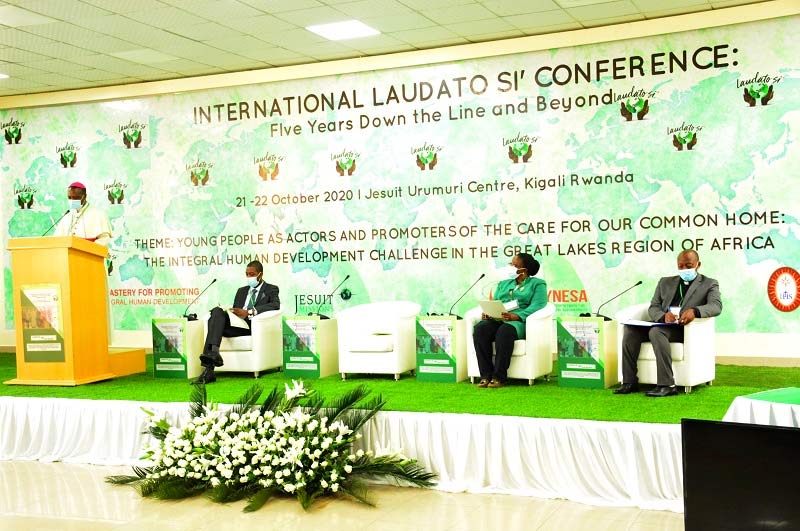
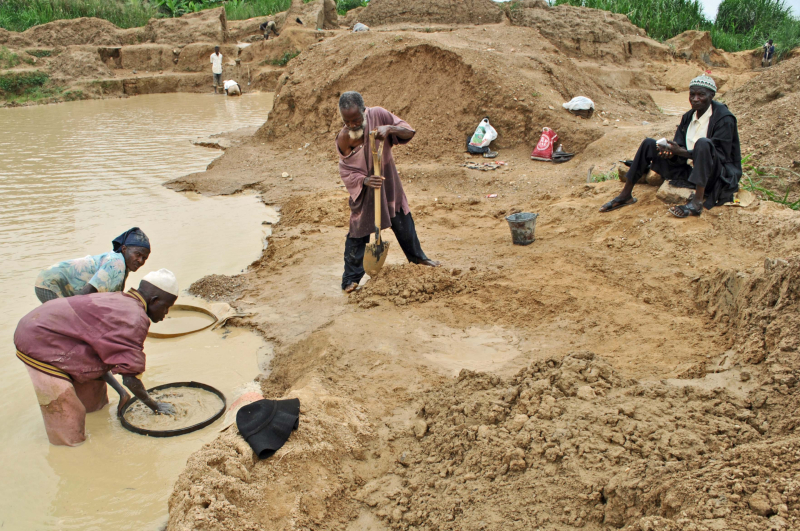
Select Payment Method
Pay by bank transfer
If you wish to make a donation by direct bank transfer please contact Fr Paul Hamill SJ treasurer@jesuits.africa. Fr Paul will get in touch with you about the best method of transfer for you and share account details with you. Donations can be one-off gifts or of any frequency; for example, you might wish to become a regular monthly donor of small amounts; that sort of reliable income can allow for very welcome forward planning in the development of the Society’s works in Africa and Madagascar.
Often it is easier to send a donation to an office within your own country and Fr Paul can advise on how that might be done. In some countries this kind of giving can also be recognised for tax relief and the necessary receipts will be issued.


